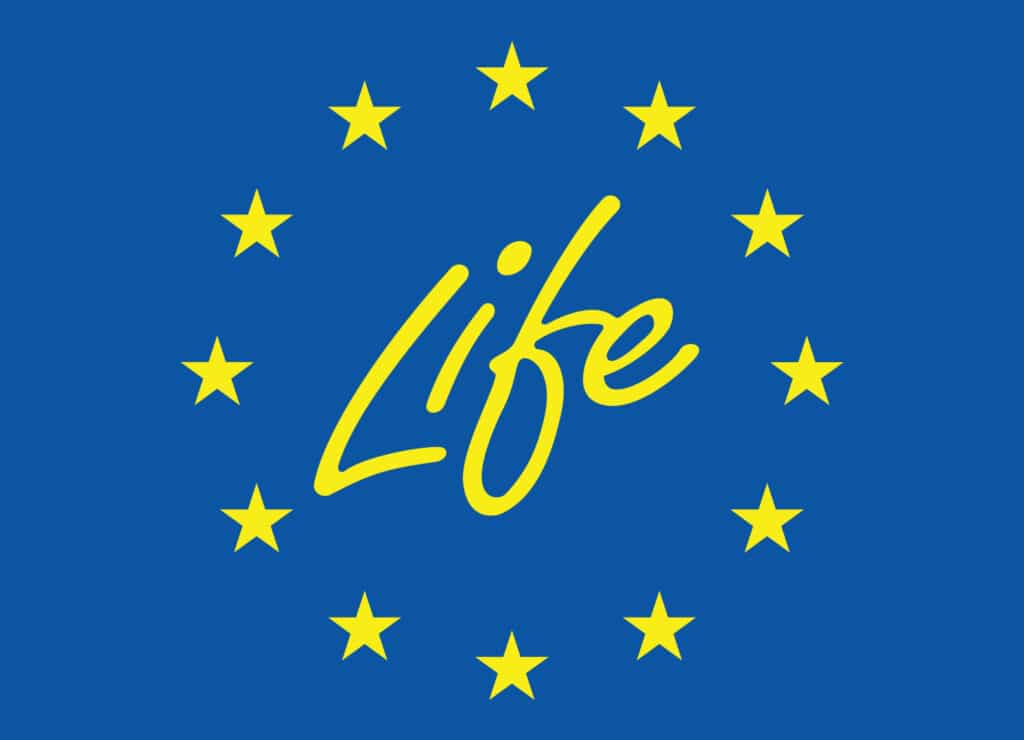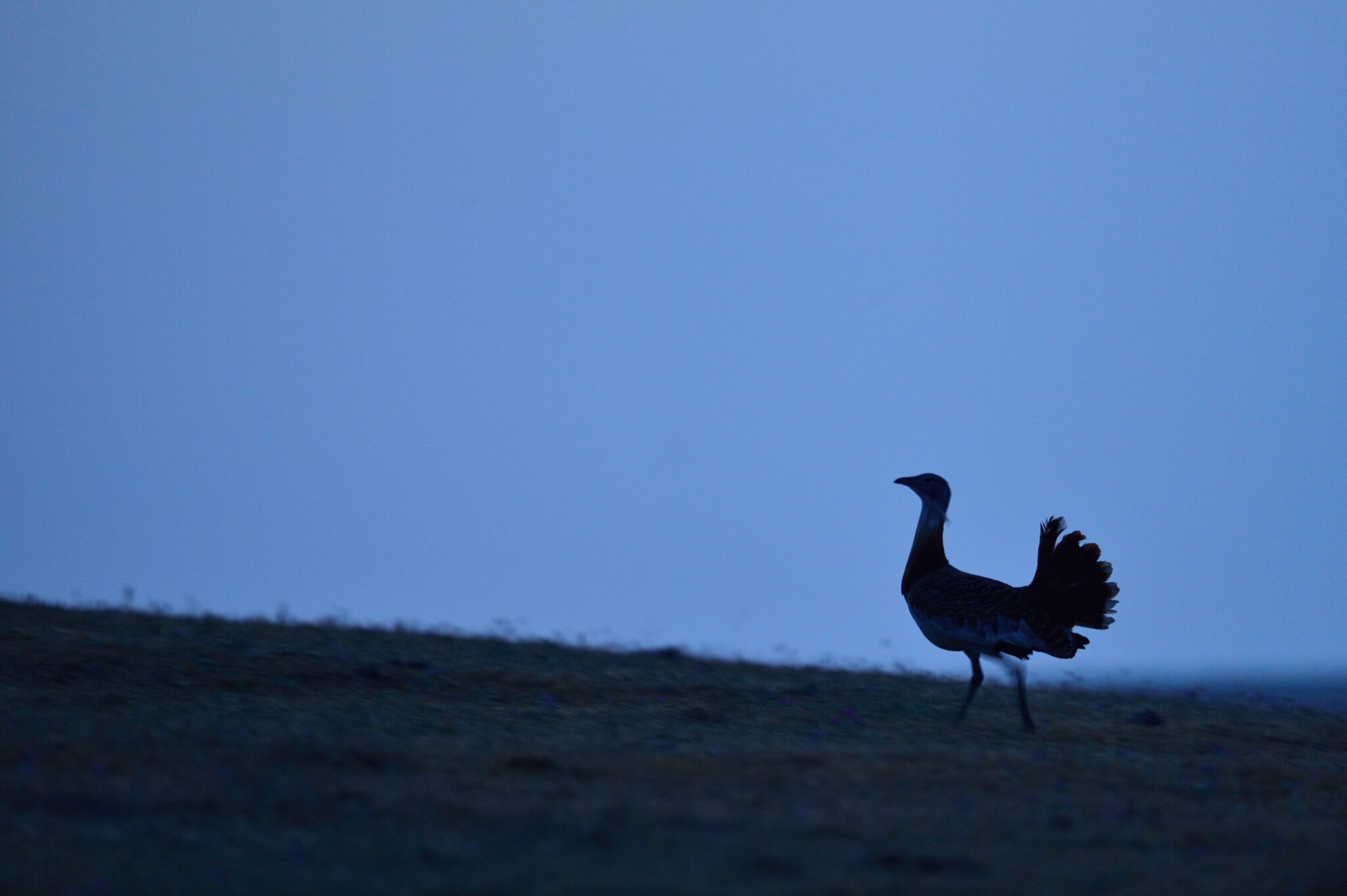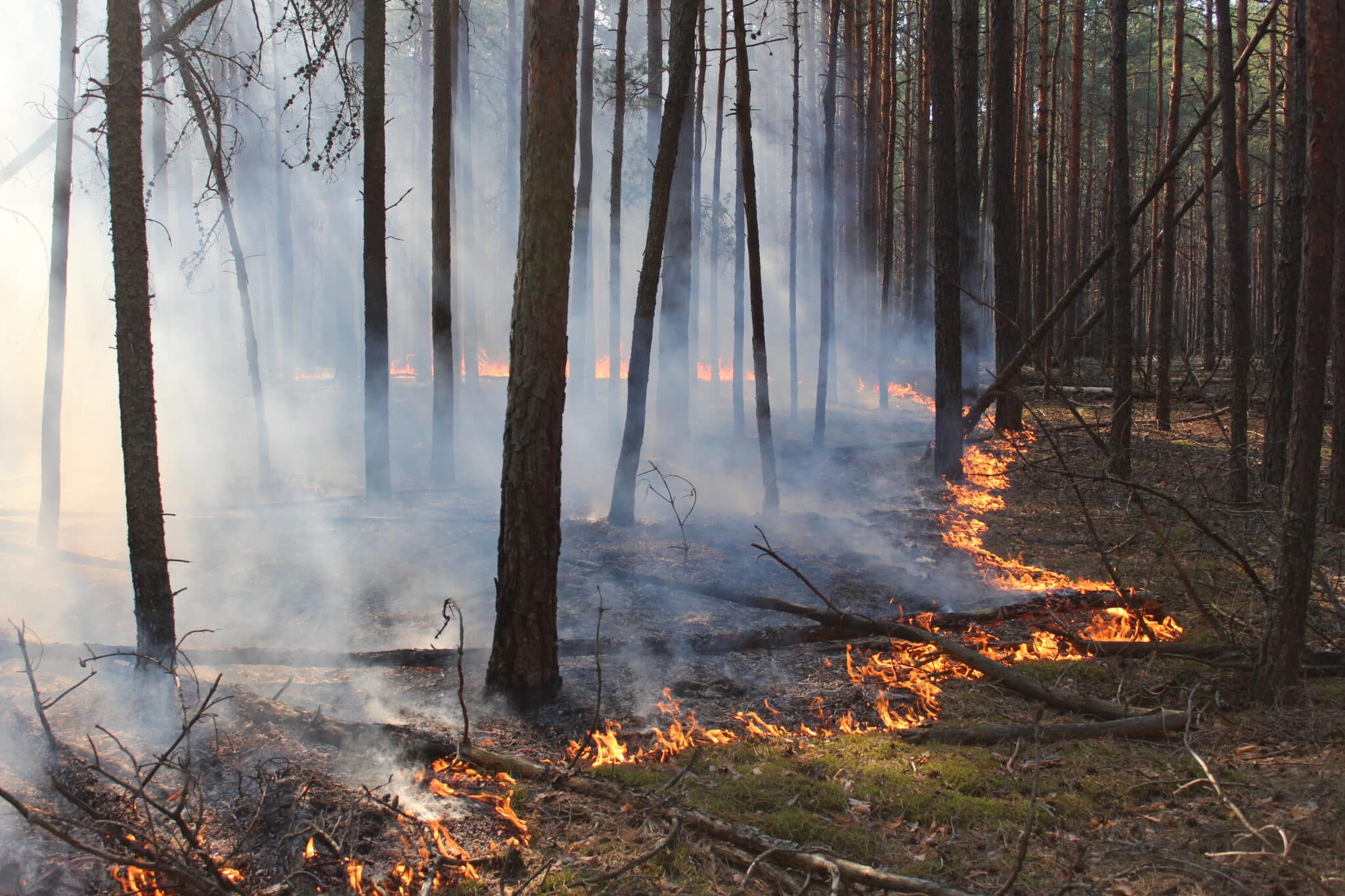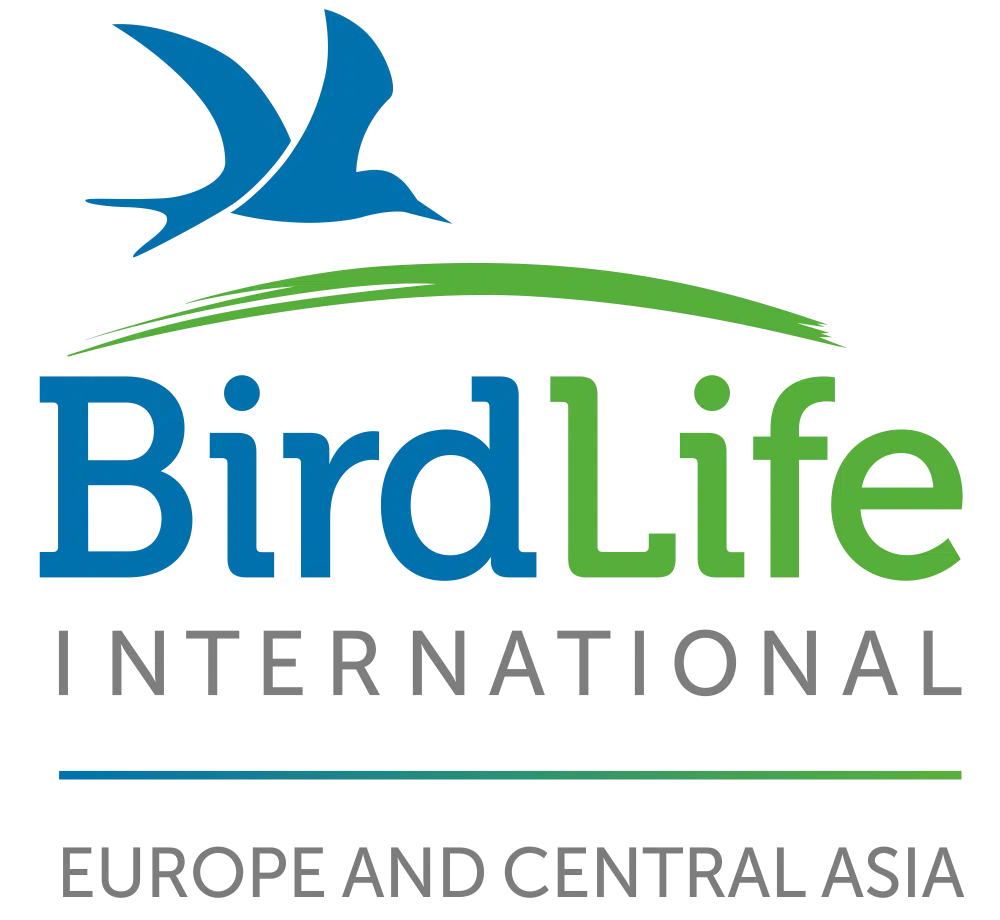How we stand with Ukraine

Two months ago, BirdLife was working with its Ukrainian Partner, USPB, to finalise its proposal for a major landscape-scale restoration in the south of the country. The objective was to restore 29,000 ha of steppe on the coast of the Black Sea to benefit species such as Demoiselle Cranes, Great Bustards and Saiga Antelopes while also giving a boost to the local economy.
by Martin Harper
This would have built on USPB’s excellent track record of conservation success. Since its establishment in 1994, USPB has implemented more than 170 conservation projects in Ukraine and Moldova, including wetland and steppe restoration and species reintroductions.
Today, the project area is a war zone.
It is hard to comprehend the scale of the suffering that Russia’s invasion of Ukraine has brought, but it is also extraordinary to witness the resolve of the Ukrainian people, including the USPB team, who despite appalling personal circumstances, remain committed to their nature conservation mission.
As well as condemning the war, BirdLife is doing whatever it can to support USPB.
Our support for USPB
While there are specialist humanitarian agencies that provide help to the people affected by the conflict, many of our Partners (especially in countries neighbouring Ukraine) are doing what they can to support refugees, thereby contributing to the wide grassroot mobilisation that involves all civil society in Central Europe. As part of this, they are already either providing direct assistance to affected staff from USPB and other conservation organisations who remain in Ukraine, or to those who have fled and now need accommodation and/or jobs.
BirdLife has mobilised some funds thanks to the generosity of its Advisory Group and has established an appeal to bolster these efforts and amplify the appeals of Partners (NABU in Germany and BSPB in Bulgaria). We hope that these funds will help USPB in the short term. Please give if you can.
When (as dearly hoped) the war ends, considerable funding will be needed for reconstruction and for dealing with the environmental consequences of the war. With this in mind, we are working closely with our BirdLife Partners (including USPB) and the international conservation NGO community to identify need and guide our collective response. This will include the need to understand the scale of the war’s environmental impact and make the case to invest in restoring the natural environment once the fighting stops.
For now, the focus is on supporting Partners by providing humanitarian support for the conservation community.
Our policy response
As well as having devastating impacts on the lives of millions of people, the Russian invasion has clearly had wider geopolitical consequences and the policy and funding environment for our continent has changed dramatically in a month:
- Energy has moved from being an environmental issue to one of national security, triggering twin demands for increasing exploration or alternative supply of fossil fuels to replace Russian ones and/or a rapid transition to renewable energy
- Fears about the impact of food and fertilizer supplies from those areas affected by the war have led to calls for the intensification of farm production across Europe potentially reversing previous policy decisions (including the proposed new EU Nature Restoration Law)
- Public funding is being redirected towards military, humanitarian and infrastructure and the expectation is there will be direct and indirect economic shocks resulting from the war with unknown consequences for investment in nature.
BirdLife has already started to position itself in some of these debates (eg Nabu in Germany on energy here and BirdLife on food here and here).
With others, we secured over 14,000 letters to decision-makers in one weekend to prevent delays in the European Union nature restoration law. While we are pleased that a new date, the 22nd of June, has been identified for the publication of the proposed nature restoration law, we know that we shall have to redouble our efforts to ensure the need to invest in nature for wildlife, people and the climate remain central to future public policy.
As the new policy landscape reshapes itself, there are three very clear messages that we need to project with clarity and conviction:
- The search for new fossil fuels is a very a bad idea. The latest report from the Intergovernmental Panel on Climate Change once again stresses the urgent need for emissions to peak and then rapidly decline (by up 45% this decade) and that means weaning ourselves off fossil fuels and decarbonising our economy. We support the renewable energy revolution to take place, but it must take place in harmony with nature.
- Pushing back on nature restoration and the transition to sustainable farming for the sake of “food security” is a cynical exploitation of the Ukraine crisis. We reject EU Agriculture Commissioner Wojciechowski’s statement that “if food security is in danger, then we need to have another look at the objectives of the Farm to Fork strategy and correct them”. As we have said in our joint letter with 85 NGOs, “we believe the contrary to be true: the crisis in Ukraine is yet another reminder of how essential it is to implement the Green Deal and its Farm to Fork and Biodiversity Strategies. More than ever, the EU must shift towards healthy, socially and environmentally friendly farming practices, such as agroecology, organic farming, and agroforestry, which provide the only path to ensuring long-term food security, food sovereignty, and the overall sustainability of the food systems. We must turn away from intensive agriculture, industrial fisheries and aquaculture”.
- A healthy, natural environment underpins human prosperity which is why it pays to invest in nature. We need political leaders to roll up their sleeves to secure the right global deal for nature, translate these commitments into law (either EU or domestic) and continue to commit to investment in nature. Despite the inevitable pressure on public spending, rather than cutting funding for nature, governments need to be creative about how they secure the necessary investment including through taxing polluting activities and incentivising pro-nature business choices.
And finally, as the situation evolves, so will we have to adapt and learn not only to ensure we are responding in the right way to this current crisis but also to ensure we are better equipped to deal with whatever future crises might emerge (whether as a result of political oppression or disasters resulting from the nature and climate emergency) – a precondition for the BirdLife Partnership to play its full part in the UN Decade on Ecological Restoration.
This is why we continue to stand with Ukraine and urge the Russian leader to stop the war.
This blog is part of a series I am writing as a contribution to the UN Decade on Ecosystem Restoration. You can read my previous blog here. Do you have any thoughts on what I have written? It would be great to hear your views. Send me a tweet – my handle is @MartinBirdLife.
Image credits: Demoiselle Crane/Grus virgo by Wang LiQiang
You might also be interested in:
 | Stichting BirdLife Europe gratefully acknowledges financial support from the European Commission. All content and opinions expressed on these pages are solely those of Stichting BirdLife Europe. The European Commission is not responsible for any use that may be made of the information it contains. |









